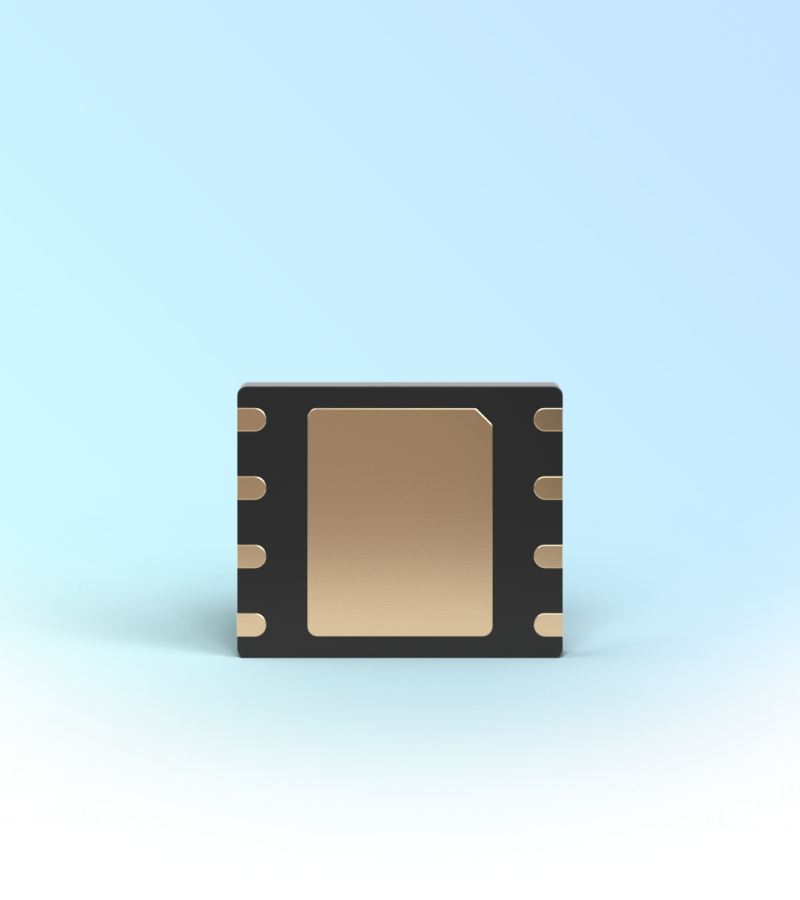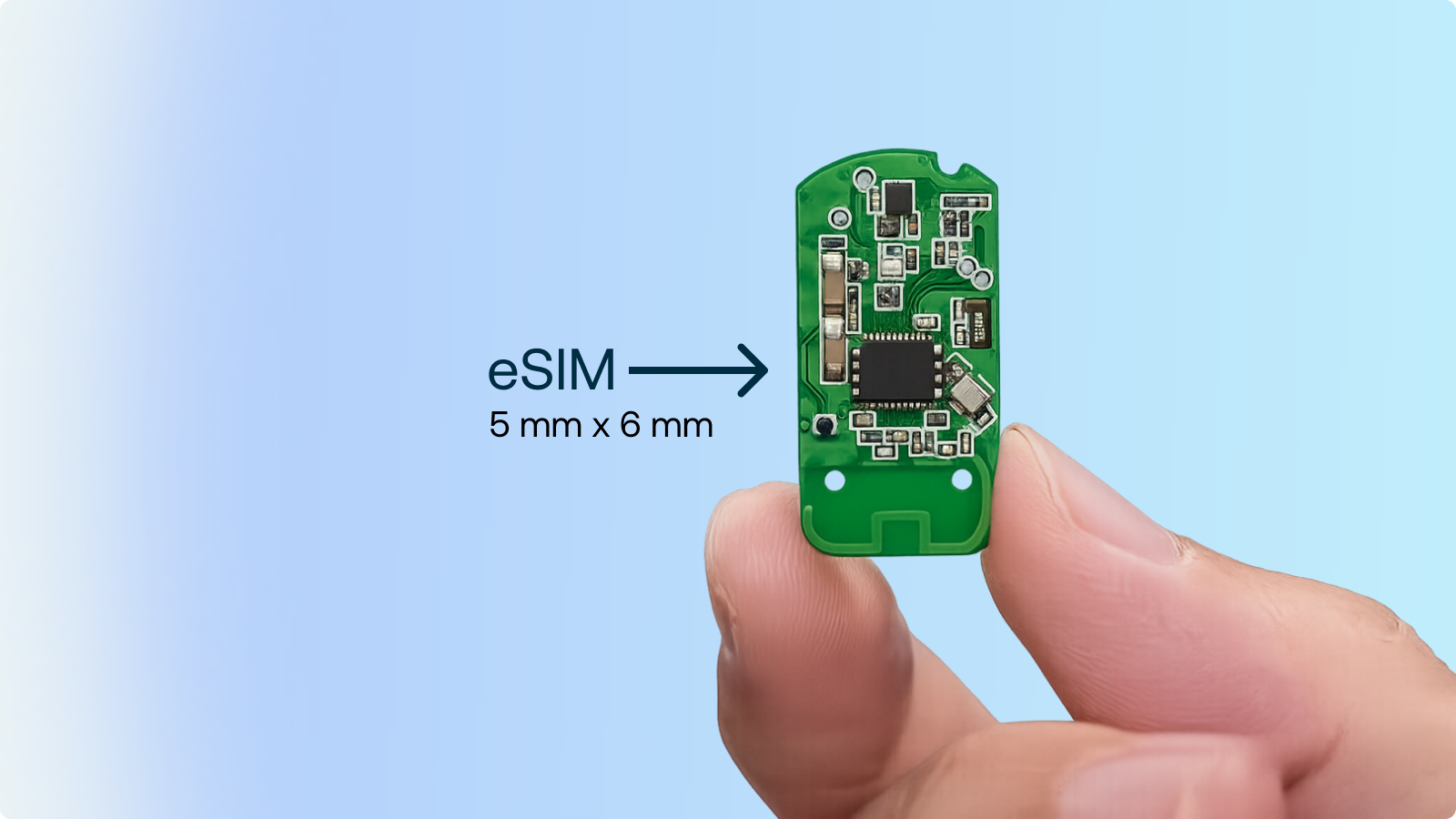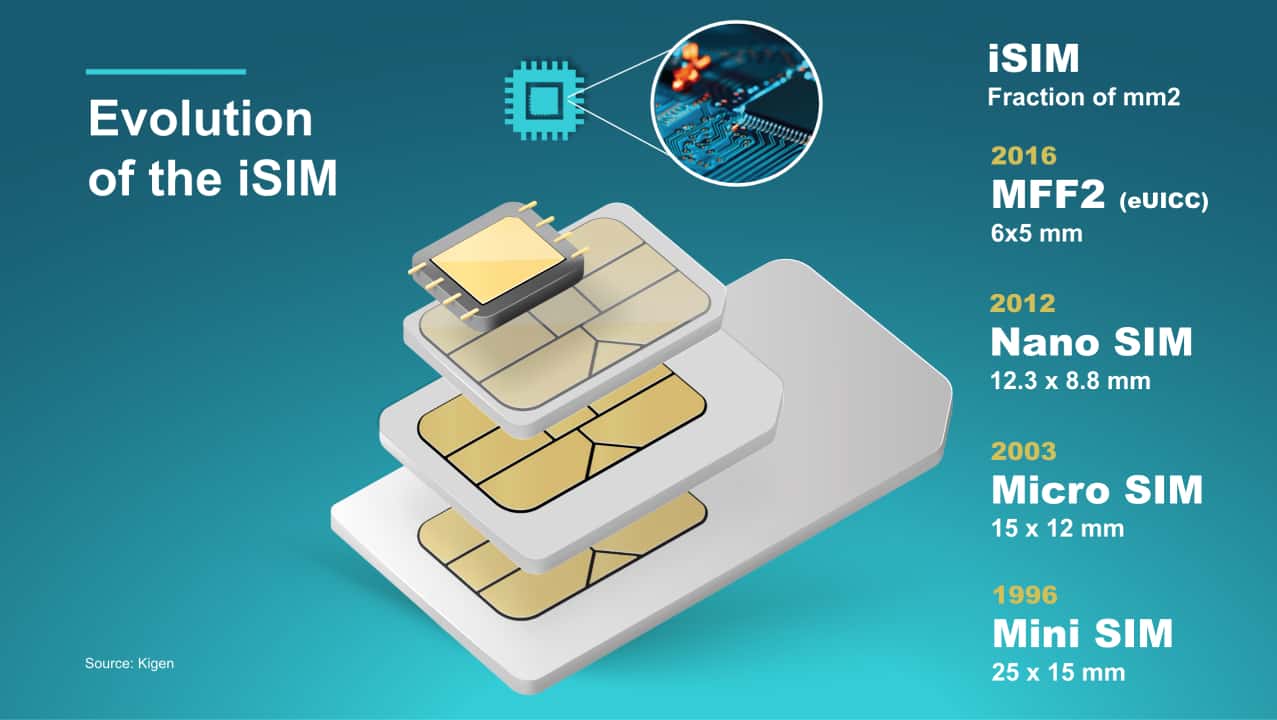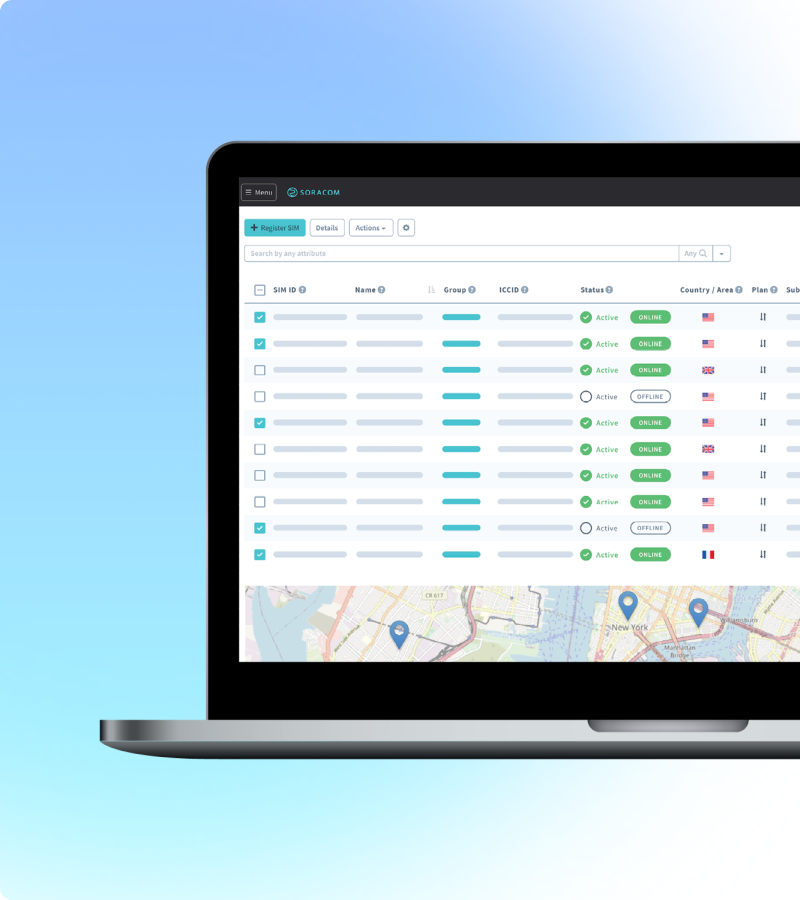Save board space
Eliminate the SIM slot and tray to free up room for sensors, batteries, or smaller enclosures.
Improve durability
Avoid moving parts that can loosen under vibration or fail in dust and moisture.
Reduce tampering risk
Once soldered or integrated, SIM credentials are far harder to remove or swap.
Speed up manufacturing
Remove manual SIM insertion steps during assembly and device kitting.
Simplify global logistics
Build one hardware design and manage connectivity profiles as you deploy worldwide.




